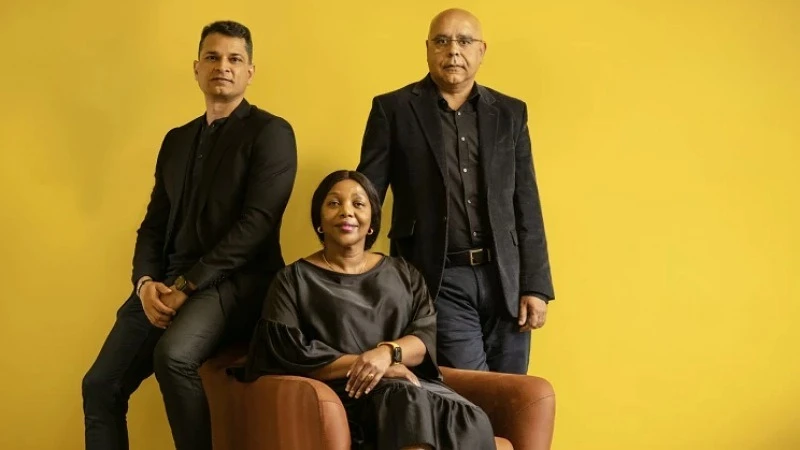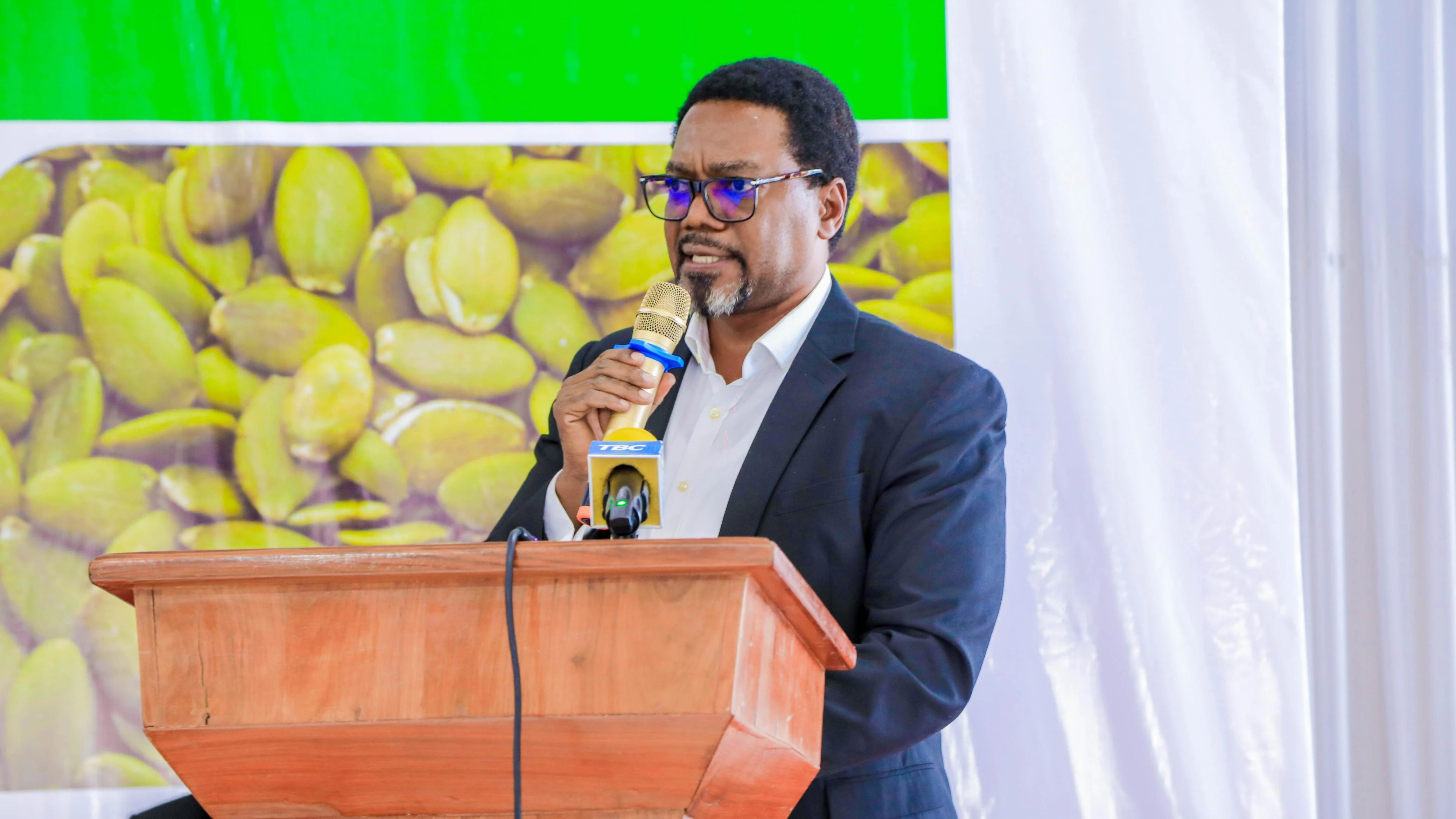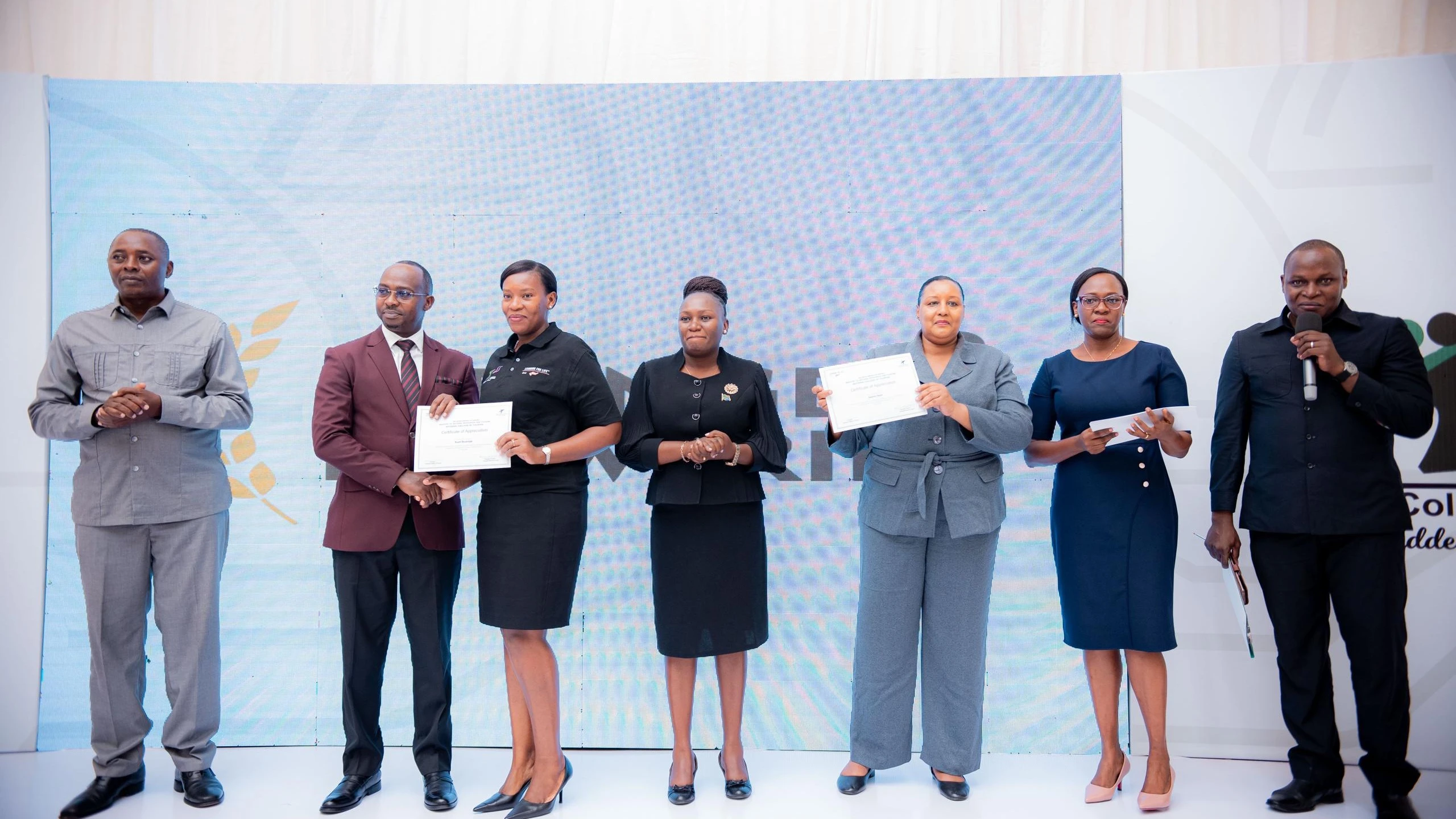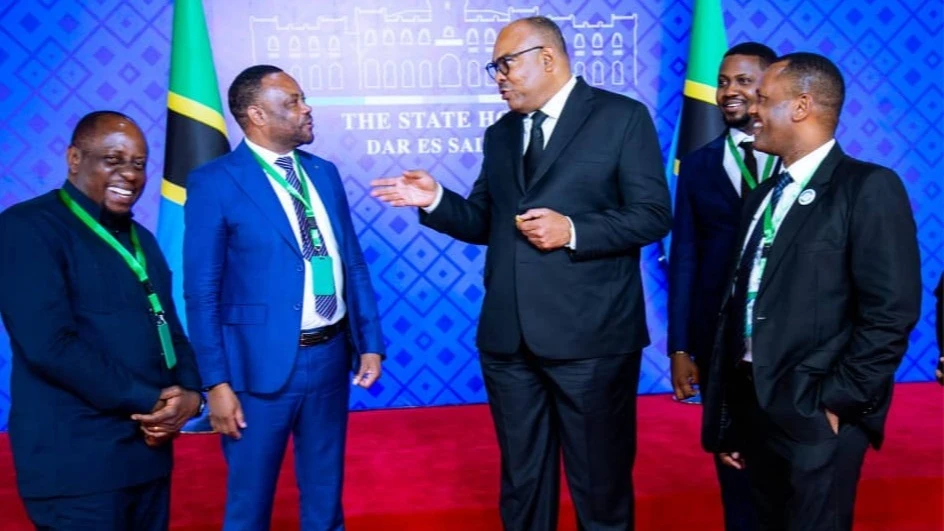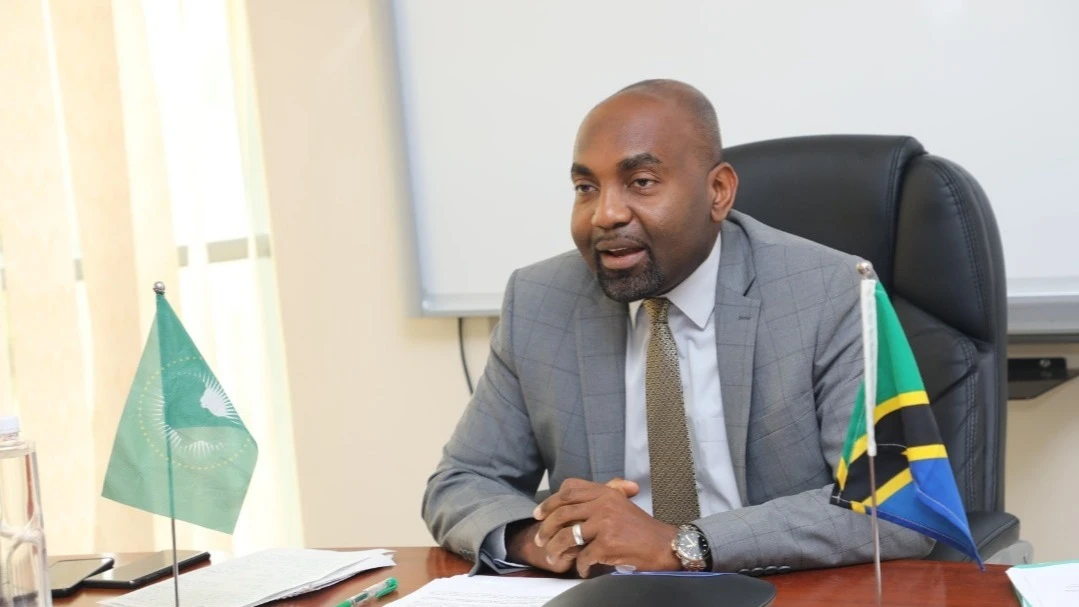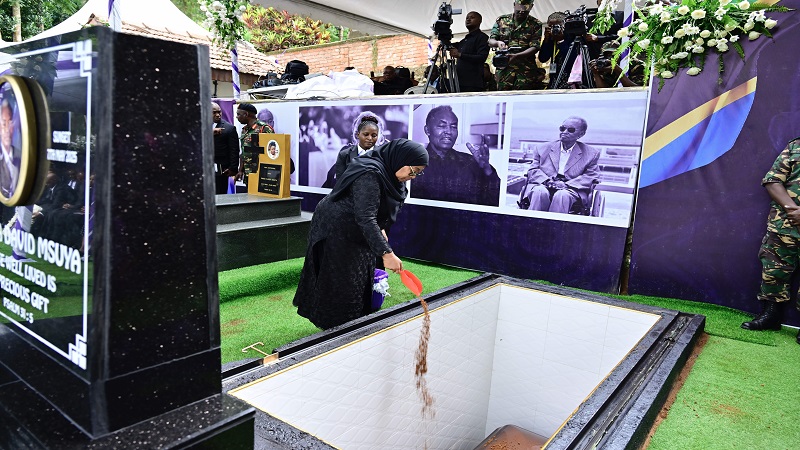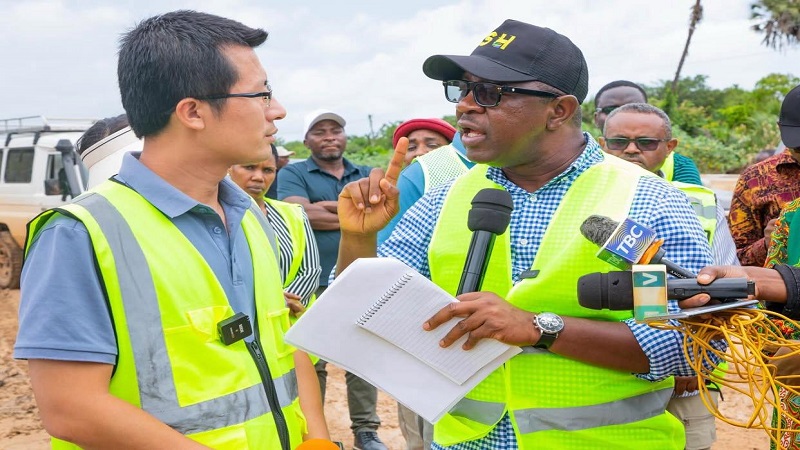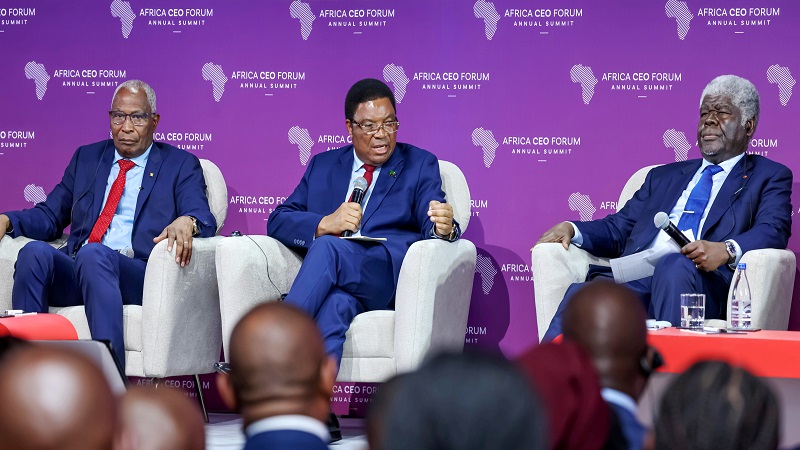Tanzania’s private sector embraces economic diplomacy agenda drive
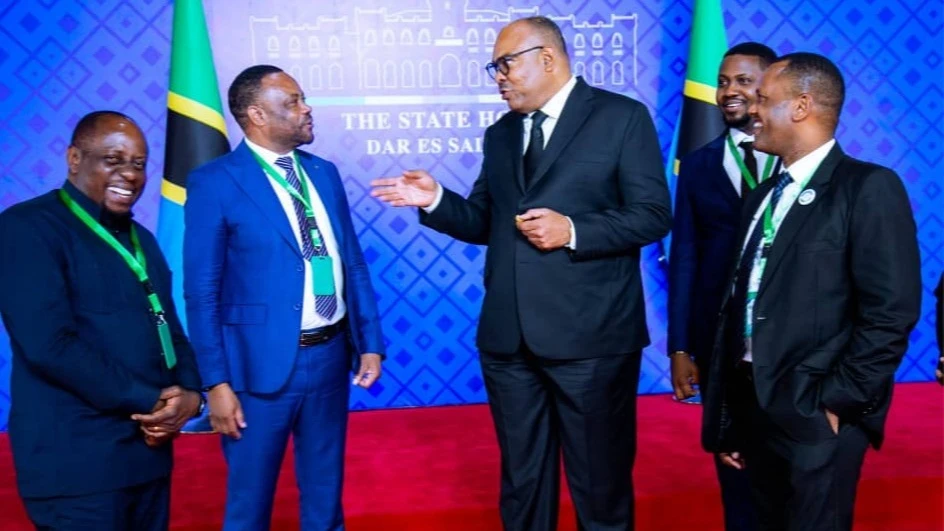
TANZANIA’S economic diplomacy agenda under President Samia Suluhu Hassan is gaining traction, with the private sector now playing a central role in expanding the country's global trade and investment footprint.
A recent high-level delegation to Vietnam, led by Minister for Foreign Affairs and East African Cooperation, Ambassador Mahmoud Thabit Kombo, and joined by Tanzania Chamber of Commerce, Industry and Agriculture (TCCIA) president Vincent Bruno Minja, has opened new doors for economic partnerships. The visit, followed by similar engagements in the United Arab Emirates (UAE), is part of a broader strategy to link Tanzanian businesses with international markets.
Speaking shortly after the visit, Minja emphasised that the private sector is no longer a passive observer in Tanzania’s diplomatic efforts but an active participant. “The trips to both Vietnam and the UAE have created fresh opportunities for Tanzania’s key exports, including agricultural products, rare earth minerals, and other value-added goods,” he said.
Minja stated that the economic diplomacy policy under President Samia is yielding tangible results, adding that the participation of business leaders in international missions demonstrates the country’s commitment to forging mutually beneficial partnerships.
“The private sector is now taking the lead in steering the country toward a competitive global economy,” he noted. “It is the responsibility of every businessperson, investor and the general public to seize these opportunities provided by President Samia’s economic diplomacy philosophy.”
He revealed that memoranda of understanding signed between TCCIA and chambers of commerce in Vietnam and the UAE serve as proof that Tanzania is actively engaging with global trade and investment platforms. These agreements include the formation of joint business councils that will facilitate dialogue, ease market access, and promote the exchange of business information between Tanzanian and foreign enterprises.
Minja urged Tanzanian entrepreneurs to draw inspiration from the development journeys of Vietnam and the UAE—two countries that have successfully transitioned into dynamic middle-income economies. “Under President Samia, now is the time to rise, collaborate, and unlock the doors of economic success for our nation,” he said, while commending Minister Kombo and the Ministry’s Director of Economic Diplomacy, Ambassador John Ulanga, for championing private sector involvement.
Since assuming office in 2021, President Samia has prioritised economic diplomacy as a strategic tool to attract foreign direct investment, boost exports, and strengthen Tanzania’s position in global trade. Her administration has championed promotional initiatives such as The Royal Tour documentary, which has showcased Tanzania’s investment potential in sectors such as agriculture, mining, tourism, and manufacturing.
According to Minister Kombo, the efforts are producing measurable outcomes. “Trade and investment have increased by over 100 percent due to this policy, and tourist arrivals have surpassed one million annually,” he said. He also highlighted strategic government investments in Air Tanzania, which are aimed at enhancing cargo and passenger connectivity between Tanzania and key markets in Asia and the Middle East.
During the Vietnam and UAE missions, Tanzania laid the groundwork for future imports of industrial machinery, electronics, and agricultural equipment. Minister Kombo praised Vietnam’s advanced manufacturing base and cited the presence of Vietnamese investors like Viettel, the parent company of Halotel Tanzania, as a sign of deepening economic ties.
The engagement between Tanzanian and foreign business communities reflects a broader shift in the country’s foreign policy—one that prioritises commerce, innovation, and sustainable partnerships. As Tanzania positions itself as a gateway to East and Southern Africa, the role of the private sector will continue to be crucial in turning diplomatic gains into real economic impact.
Top Headlines
© 2025 IPPMEDIA.COM. ALL RIGHTS RESERVED














